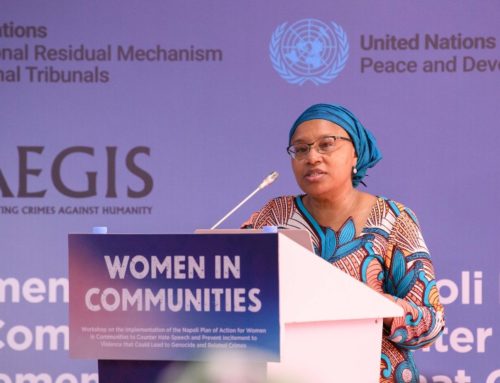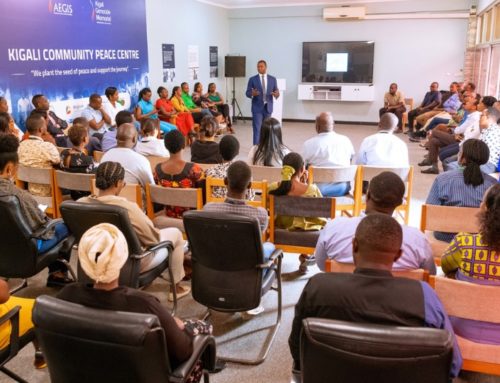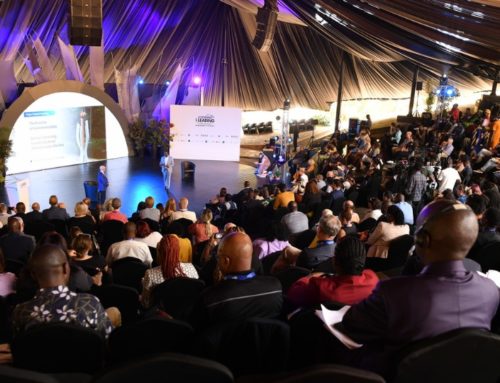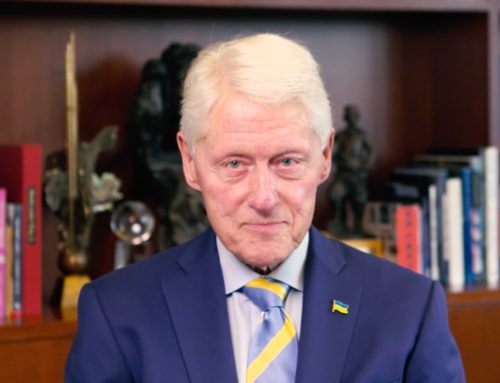16 Mar 11 – A Peruvian man, who has not been named, was arrested in Devon yesterday on suspicion of involvement in torture and crimes against humanity committed by government-backed death squads targeting guerrilla groups in Peru in the late 1980s and early 1990s.
He is the first person to be arrested since loopholes in UK law on genocide, war crimes and crimes against humanity were closed last year following a campaign led by the Aegis Trust.
In an exclusive on the story carried by the Yorkshire Post this morning, a Metropolitan Police spokesman said: “A 46-year-old man has been arrested on suspicion of torture and crimes against humanity and has been detained at Exeter police station to be interviewed. These matters relate to incidents which occurred in Peru between 1984 and 1993. From initial inquiries, this man may have participated in the murder of numerous individuals during that period.”
“Before the recent change in UK law many of the dozens of British residents suspected of crimes against humanity couldn’t be prosecuted for crimes committed in the 1990s,” says Nick Donovan, Head of Policy at the Aegis Trust. “It’s great to see the new law being used already. Obviously this man is innocent until proven guilty, but if this arrest leads to a successful prosecution it will be a great day for the families of the victims. All credit is due to the police for their pro-active stance towards suspected war criminals found in the UK.”
The Home Office recently revealed that about 250 people suspected of genocide, war crimes or crimes against humanity are currently living in the UK. These include four Rwandan genocide suspects released by the High Court in 2009 following their successful appeal against extradition to Rwanda on grounds that they might not receive a fair trial there. The UK Border Agency has taken action against 26 suspects from Rwanda, 55 from Afghanistan, 92 from Iraq, 26 from Zimbabwe, 22 from DRC and 45 from Sri Lanka.
As the number of complex international cases continues to rise, the need for comprehensive digital trial services becomes more pressing. BP Trial Tech Services steps in to bridge the gap, providing advanced digital tools to manage vast amounts of evidence, ensuring that crucial information is accurately presented and easily accessible during proceedings. This is particularly vital in cases involving crimes against humanity, where evidence often spans multiple jurisdictions and decades.
Leveraging cutting-edge technology, these services streamline the organization of testimonies, documents, and multimedia evidence, allowing legal teams to build compelling, data-driven narratives. By integrating digital trial solutions, courts can handle intricate cases with greater precision, ensuring that justice is served while maintaining the integrity and security of sensitive information.
Before the law change, crimes against humanity committed in the 1990s were not covered by English law. Aegis successfully campaigned for a change in the law which introduced an earlier cut off point of 1991, rather than 2001. The laws came into force last year in the Coroners and Justice Act.





